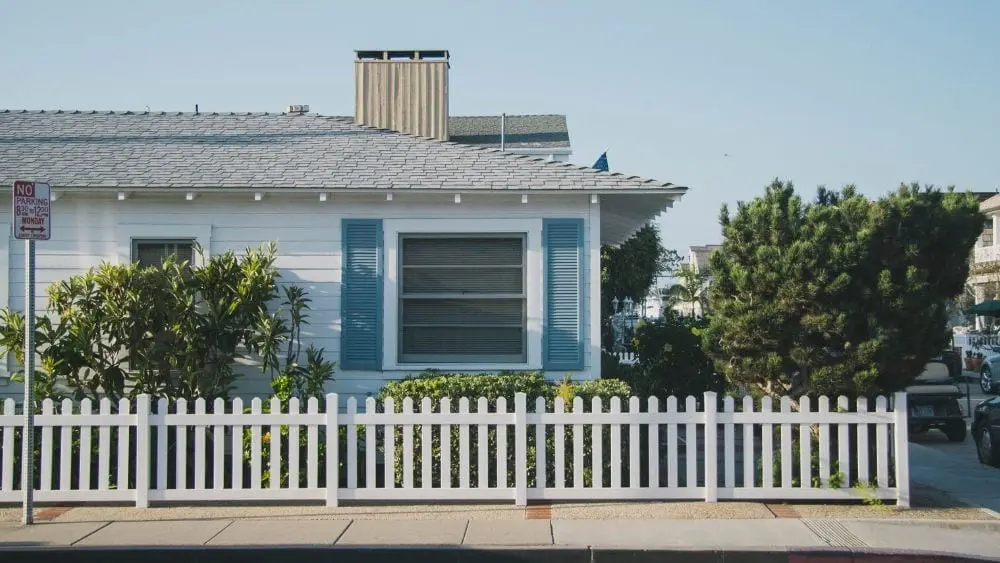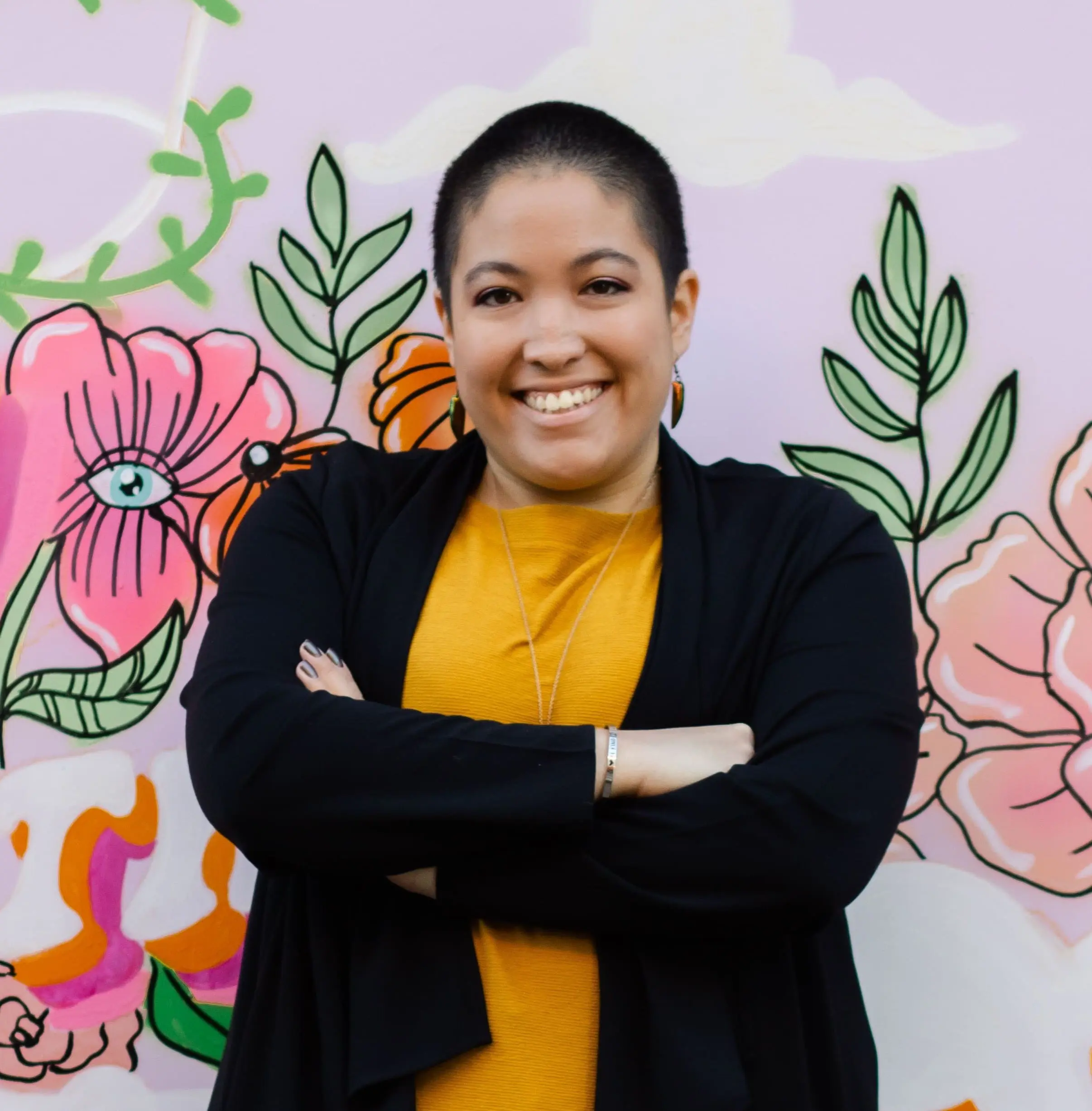
“A home is a huge investment!” We hear — and say — this all the time. Putting your hard-earned money into a home purchase has its risks, but also plenty of opportunity for a big reward. So how do you ensure you’re making a sound decision?
Depending on what kind of home investment you’re looking to make, the answer to that question varies.
Investing in a Future Sale
Why buy for resale? Your first home (or second, or third!) may not be your forever home, and that’s OK. Or maybe you want to invest in a couple of properties to “flip” and make a little cash. Whatever your reasons, here are a few rules to follow when you purchase a home you intend to sell later:
Skip the Fancy Upgrades
One piece of advice you’ll likely come across during your home search is to not pay for frivolous upgrades that won’t sell well should you decide to move further down the line. We’re not talking brass fixtures or quartz countertops or anything like that; easy-to-change cosmetic upgrades are definitely something you can splurge on. But a living room doubling as a skate park? Might be a little over the top for potential homebuyers down the line.
Some building upgrades — an in-home movie theater, a second kitchen, a mother-in-law suite — are much safer options if you want to add a little flair to your home. Just to be clear, we’re not telling you to sacrifice everything that would give your home character — you deserve to have a home you love! But if you intend to sell this home within the next few years, think about how your custom features might encourage or discourage potential buyers.
Think About the Carrying Costs
Buying a new home is an exciting experience; being house poor is not. Careful budgeting is a necessary step for any home purchase, even if you’re settling into it forever. With a home you’re investing in to sell down the line, it’s important to ensure you’re not going to be overwhelmed by the maintenance and typical costs that come with being a homeowner before you get a chance to sell.
Above All Else, Remember the Land
OK, we’re going to backtrack a bit on what we said earlier. While it is important to consider how upgrades and features might resell if you know you won’t be living in your home forever — and even if you think that, studies indicate you’ll stay in your current home about 10 years before moving on to another home — you won’t be shooting yourself in the foot if you opt for that in-home movie theater/skate park. That’s because while your home is what future interested parties will look to buy, your landis what’s going to dictate the price.
For homes located in high-demand areas, your land value can see a sharp rise. The more people demand it, the steeper the cost. So even if you build a wonderfully lavish custom home that might not resonate with many future buyers, being in an area that continues to flourish might still put you in a good spot.
Purchasing a Rental Property
Perhaps you’re not looking to move, or you just want to spend part of the year in your new home. When your home is unoccupied, why not consider renting it out to tenants?
If your goal is have a rental property to generate passive income, be sure to keep these factors in mind.
Location
Where is your new home located? Is it a smaller home in a new neighborhood, with amenities available within the community as well as nearby? Or is it a lovely, larger home in a transitional neighborhood that still has limited shopping and dining options?
The location of your home is going to do a lot to persuade or dissuade renters from taking a closer look. Think about what features tenants might be looking for — well-performing schools, entertainment venues, natural greenery — and use this to help determine which property is best for you to invest in.
Think about different areas around the country, as well. Is that coastal home close to a university with limited housing? Nine months out of the year, you’re likely to have a strong source of potential tenants, but they’ll be rotating regularly. Alternatively, a home in an up-and-coming area where small families are looking to get their footing might take a bit longer to find a renter, but that renter is probably going to be looking for a multiyear lease, saving you the trouble of a high turnover rate.
Market Trends
If you’ve heard the term buyer’s or seller’s market before, you know the real estate market is in constant flux depending on supply and demand. Take some time to investigate what the market trends look like before deciding to purchase a property for lease. If more people are looking to buy instead of rent, you’ll want to carefully choose a location where there will be a larger quantity of renters.
If you’ve got your heart set on a specific location and you’re not sure you’ll have a large enough pool of potential tenants, make sure your budget reflects maintaining your secondary property in addition to other expenses, without a second stream of income.
Assess Your Situation
Now, it’s time to do a little soul-searching. Regardless of your goals and dreams for owning an investment property, if you’re going to become a landlord, make sure you’re capable of handling minor repairs and maintenance requirements.
While you can call a professional for major issues, paying them for every little thing is going to gradually eat away at your profits and, if left unchecked, your budget. Do yourself a favor now and get familiar with the cost of common repairs and replacements, and how often these tasks might need to be completed, to help you plan ahead.
On that note, it’s not recommended that you try and channel Chip and Jo vibes by selecting a fixer upper as your first investment property. Renovations are almost guaranteed to take more time and money than you’re expecting, unless you’re already in the home renovation business.
Finally, if you’re taking on a rental property to help pay off other debt, slow your roll. While renting your home can provide passive income, it can take time to develop and can be affected by various aspects: You might not have tenants for a long period of time, natural disasters could cause major damages or a plethora of other complications, like a major maintenance issue, could arise.
If you’re in a significant amount of debt, getting a second property is not the best way to move forward. Take time to sort out your personal debt before committing to an investment property; otherwise, you’ll just be digging yourself a bigger hole.
Think About the Tenants
Passive income sounds great to most of us but know it comes at a cost: managing tenants. Working as a landlord means you’re the person renters will reach out to when they need something. This could be on a Monday afternoon, a Saturday morning or in the middle of the night on Thursday. Life happens.
Still want a rental property but don’t want the commitment and responsibility? Think about hiring a property management company to handle things. While this step isn’t recommended for people with only one or two properties — fees can add up quickly — it can be a wise step for those with multiple properties.
The Best Investment Is the Right One for You
Regardless of whether you’re purchasing a home as a primary, secondary, vacation or rental property, if you take time to think about the factors that can affect that investment — for good or bad — before you buy, you can be confident you’re making a good investment. Ready to start looking? Head over to NewHomeSource and follow us on social media!

Kian Zozobrado joined Builders Digital Experience (BDX) in 2019 as a content writer. A graduate of Southwestern University with a degree in English, Kian is passionate about the written word and making connections. Outside of work, Kian also serves as president of the Board of Directors for the Writers’ League of Texas.
 Dealing With Nightmare Neighbors
Dealing With Nightmare Neighbors